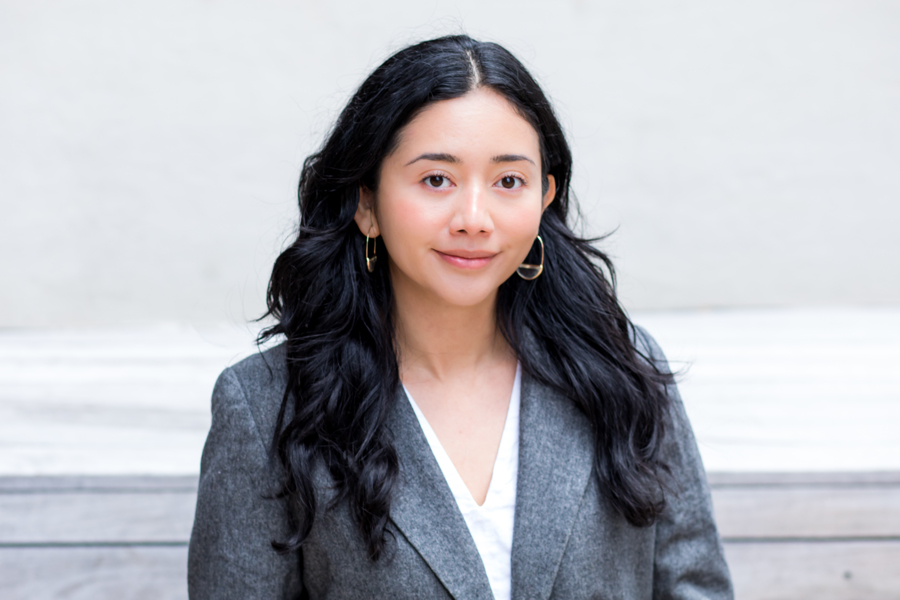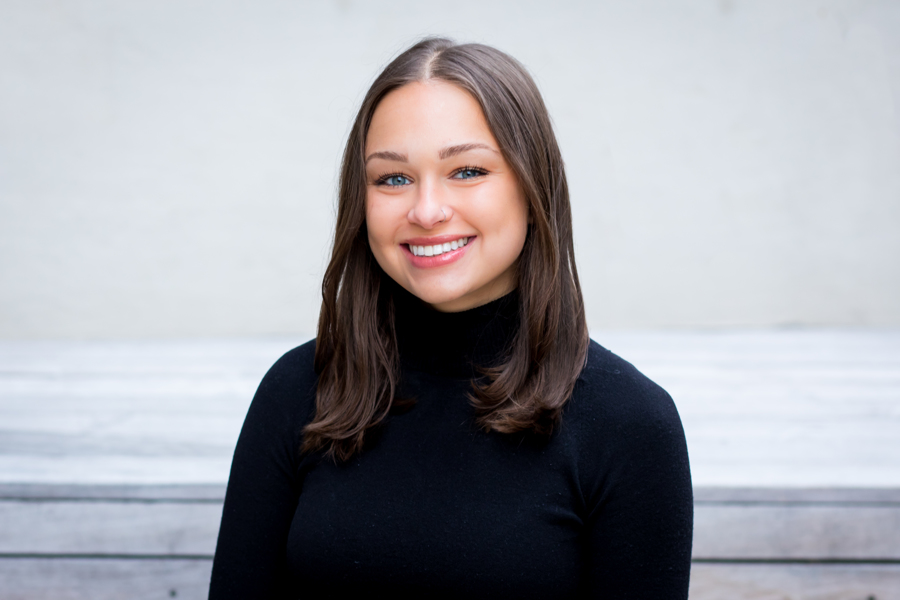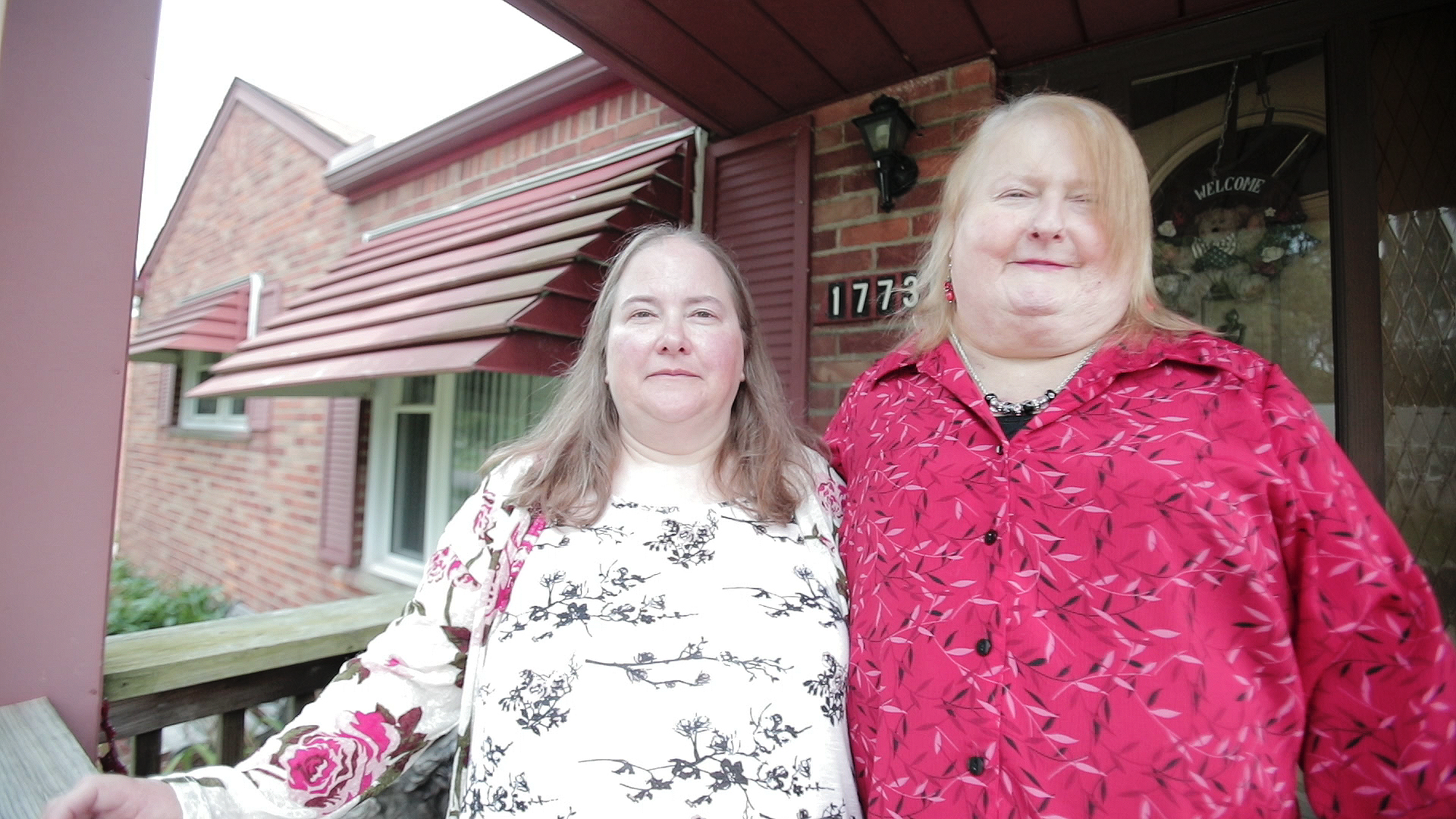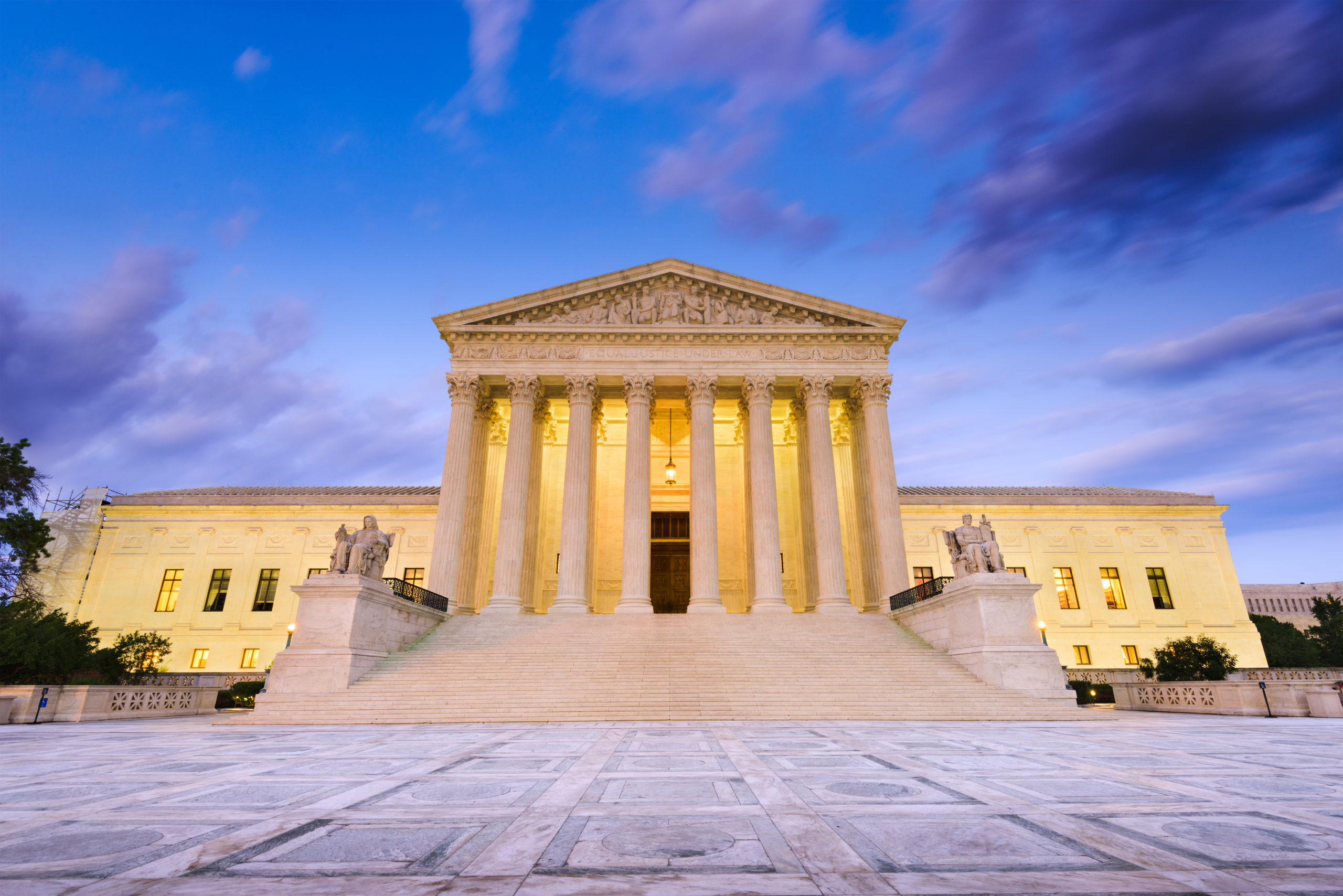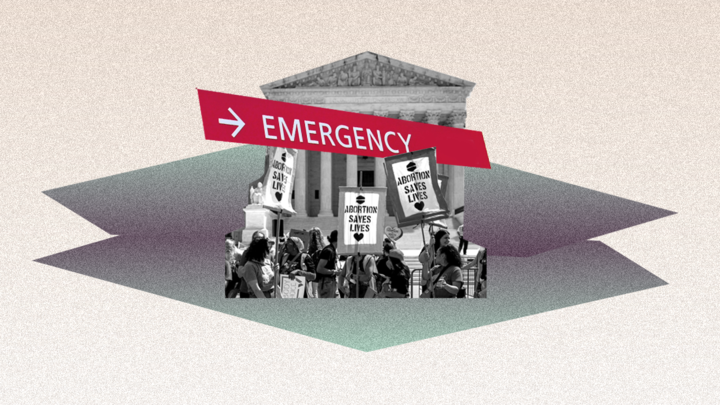Abortion rights, women of color, and LGBTQIA+ people are under attack. Pledge to join us in fighting for gender justice.
The Supreme Court Nominee Shortlist: Nothing Short of Impressive.
Public defenders, prosecutors, federal and state judges, authors, professors. These are some of the impressive qualifications that permeate the slate of Black women under consideration for our country’s highest court. The nomination of a Black woman to the Supreme Court will be historic and the importance—and excitement—of this moment cannot be understated.
President Biden’s promise to nominate a Black woman is a pivotal step toward having a Supreme Court that better reflects the diversity and experiences of our country. Historically, the nomination pool has been comprised almost exclusively of white men. Representation on the Court has long been abysmal, with 94% of all Supreme Court Justices being white men, 4% women, and less than 3% people of color.
This historic nominee is critical for the future of gender justice, racial justice, and civil rights in our country.
We want and deserve to have a Black woman on the Supreme Court. So, with great joy, we dive deeper into the backgrounds of the brilliant Black women under consideration.
Judge Ketanji Brown Jackson
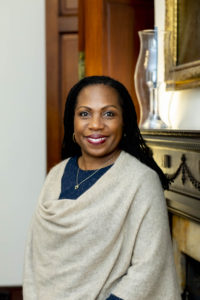
A former clerk for Justice Breyer, Judge Ketanji Brown Jackson’s career is characterized by a strong commitment to safeguarding civil rights and promoting equal justice. Judge Jackson is a dedicated public servant and distinguished legal practitioner who has clerked at every level of the federal judicial system. Since June 2021, she has served on the U.S. Court of Appeals for the District of Columbia. She spent eight years at the U.S. District Court for the District of Columbia and ruled on over 550 cases, ranging from reproductive rights to labor rights. Judge Jackson’s thoughtful, methodological approach to the law is evidenced in every decision.
Before becoming a federal judge, she served in multiple public service roles, including Assistant Special Counsel, Commissioner, and Vice-Chair of the U.S. Sentencing Commission, where she worked on bipartisan reforms to federal sentencing guidelines that disproportionately harm Black and brown people. Judge Jackson also spent two years as an Assistant Federal Public Defender and represented indigent criminal appellants before the D.C. Circuit.
Sherrilyn Ifill 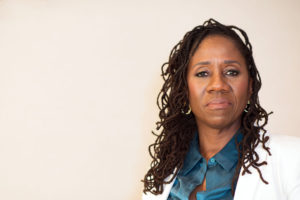
Sherrilyn Ifill has spent the last decade as the President and Director-Counsel of the NAACP Legal Defense and Educational Fund, Inc. (LDF) and has focused on civil rights for much of her career.
Following her fellowship at the America Civil Liberties Union, Ifill spent five years working on voting rights at LDF. In 1991, she litigated Houston Lawyers’ Association v. Attorney General of Texas, a landmark case in which the Supreme Court ruled that elections for trial court judges are covered by the Voting Rights Act. Ifill went on to teach civil procedure and constitutional law for over 20 years at the University of Maryland School of Law in Baltimore. During this time, she authored On the Courthouse Lawn: Confronting the Legacy of Lynchingin the 21st Century, which has laid the foundation for contemporary conversations about lynching.
Under Ifill’s leadership, LDF has launched an initiative to dismantle the school-to-prison pipeline by challenging police presence in schools, an issue that disproportionately affects Black girls. Ifill has also testified before the House and Senate on attacks on voting rights in the wake of COVID-19. Ifill’s honors include 2020 Attorney of the Year by The American Lawyer and a 2021 Spirit of Excellence Award by the American Bar Association.
Judge Candace Jackson-Akiwumi 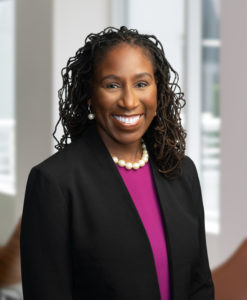
Currently sitting on the U.S. Court of Appeals for the Seventh Circuit, Judge Candace Jackson-Akiwumi has embodied the mission and values of equal justice for all throughout her extensive criminal and civil litigation career. She started her career clerking for Judge Coar of the U.S. District Court for the Northern District of Illinois and Judge Gregory of the U.S. Court of Appeals for the Fourth Circuit.
As a public defender in Chicago, she represented over 400 indigent defendants in all stages of litigation accused of federal crimes, including cases before the Seventh Circuit and the U.S. Supreme Court. As a career public defender for vulnerable and underserved communities, Judge Jackson-Akiwumi’s experiences add professional diversity to the court that has been not seen since Justice Thurgood Marshall.
Even in private practice, Judge Jackson-Akiwumi’s commitment to equal justice remained evident. Through pro bono work, she advocated successfully for an immigrant mother seeking Violence Against Women Act protection and represented an employment discrimination plaintiff in an Equal Employment Opportunity Commission mediation.
Judge Leondra Kruger 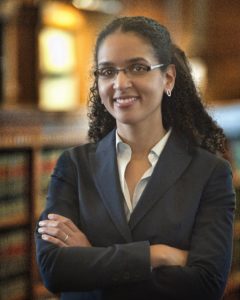
Judge Leondra Kruger has a distinguished 15-year career in public service at the state and federal level. Since 2015, she has served as a California Supreme Court Justice—only the second Black woman named to the state high court and the youngest California justice in recent history. She has also served as the Assistant to the Solicitor General, the Acting Principal Deputy Solicitor General, and the Deputy Assistant Attorney for the General for the Office of Legal Counsel. During her tenure in the Office of the Solicitor General, she argued 12 cases in the United States Supreme Court on behalf of the federal government.
Judge Kruger has familiarity with gender justice issues. As a California Supreme Court Justice, she sided with the majority in the Jane Doe v. Curtis Olson, which held an alleged abuser could not use a non-disparagement clause in a mediation agreement to prevent a survivor from later filing a civil lawsuit based on the alleged sexual assault and harassment. The ruling helps ensure that survivors can access the courts to hold abusers accountable.
Professor Melissa Murray 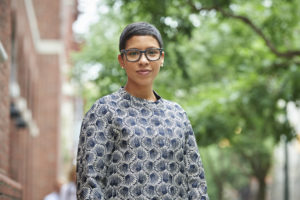
Professor Melissa Murray is an award-winning academic and well-versed in law, reproductive rights, and gender justice. She is currently the Frederick I. and Grace Stokes Professor of Law and Faculty Director of the Birnbaum Women’s Leadership Network at New York University School of Law. As Director of the Center on Reproductive Rights and Justice at the University of California-Berkeley School of Law, Murray co-authored two amicus briefs: one alongside NWLC for Masterpiece Cakeshop v. Colorado Civil Rights Commission, a case where a bakery refused to sell a cake to a gay couple, and one for Whole Women’s Health v. Cole, which challenged Texas abortion restrictions. She has established herself as an authority on reproductive rights and family law as a co-author of Cases on Reproductive Rights and Justice, the first casebook to cover reproductive rights and justice.
Judge J. Michelle Childs 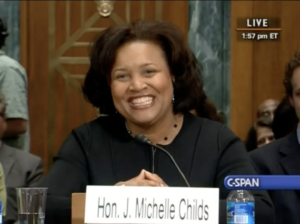
Judge J. Michelle Childs is a Judge on the U.S. District Court for the District of South Carolina. Before her appointment to the federal appellate bench, she was a Judge for the South Carolina Circuit Court, Fifth Judicial Circuit. If nominated to the Supreme Court, Judge Childs would bring 15 years of state- and federal-level judicial experience. She has extensive government experience from her time as a Commissioner at the South Carolina Workers’ Compensation Commission and as a Deputy Director at the South Carolina Department of Labor, Licensing, and Regulation. She began her legal career as an associate at Nexsen Pruet, LLC in South Carolina where she was the first Black woman partner in a major law firm in the state.
The Black women being considered for the Supreme Court nomination are supremely qualified and will make history by bringing diverse personal and professional experiences to the Court—an important step to address generations of bias, racism, and under-representation that have kept Black women jurists from interpreting the laws that often impact them the most. The prospect of having a Black woman who understands gender justice, racial justice, and civil rights confirmed to the Supreme Court is exhilarating—and we unabashedly revel in the joy of this historic moment.

